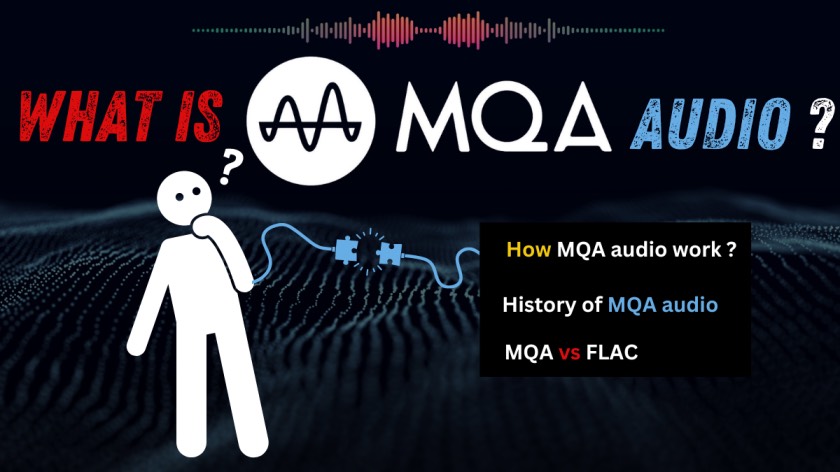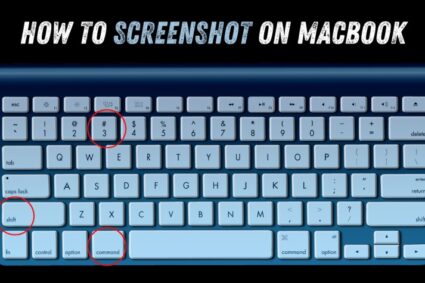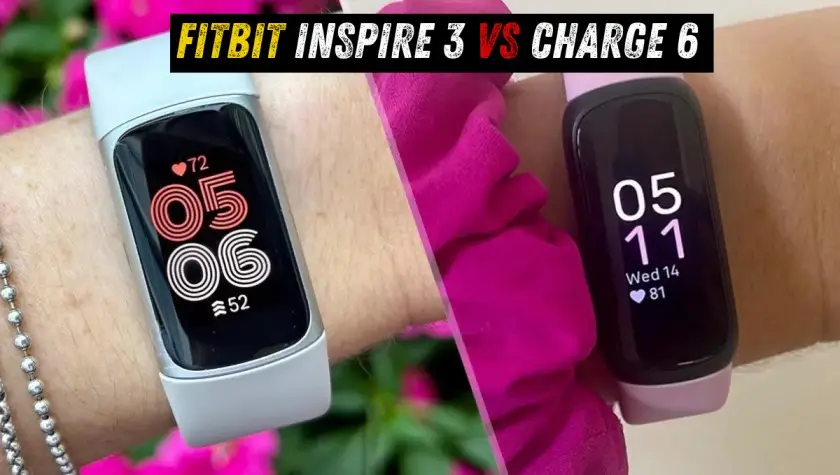
what is mqa audio : Master Quality Authenticated (MQA) audio is a proprietary system designed to deliver high-quality digital audio . It involves a process of capturing and storing original master recordings in a format that’s small and convenient enough to download or stream without the significant quality loss usually associated with compressed files. It includes audio signal processing, lossy audio compression, and authentication, and requires licensing fees to use.
How MQA Audio work
MQA (Master Quality Authenticated) technology is designed to deliver studio-quality audio in a file size suitable for streaming. It starts with a high-resolution studio master recording, which is encoded using a “folding” process to compress the audio while preserving high-resolution quality. The core information plays at CD quality on any device, while higher frequency content is embedded and can be “unfolded” by compatible devices to restore better-than-CD quality. MQA files include a digital signature to ensure authenticity. When played on MQA-compatible devices, the audio is decoded in stages to recover the original high-resolution sound, balancing high fidelity with efficient compression.
History Of MQA Audio
The history of Master Quality Authenticated (MQA) audio is rooted in the pursuit of delivering high-resolution audio in a format that is convenient for streaming and downloading. Here’s an overview of its development and milestones:
Origins and Development
- Founding of Meridian Audio:
- 1977: Meridian Audio, a British high-end audio manufacturer, was founded by Bob Stuart and Allen Boothroyd. Meridian became known for its innovations in digital audio and hi-fi equipment.
- Initial Concept:
- Early 2000s: Bob Stuart, co-founder of Meridian, began to explore ways to improve the quality of digital audio and solve issues related to digital compression. His goal was to create a format that preserved the fidelity of studio master recordings while being small enough for streaming.
- Development of MQA:
- 2014: MQA Ltd., a subsidiary of Meridian Audio, was formed to focus on the development and commercialization of the new audio technology. The team at MQA worked on perfecting the “folding” process, which compresses high-resolution audio into a smaller file size while retaining its quality.
Launch and Adoption
- Official Launch:
- 2014: MQA was officially launched at an event in London. The technology was introduced as a revolutionary way to stream high-resolution audio with the same fidelity as the original studio master.
- Industry Reception:
- 2015-2016: Following its launch, MQA gained attention from various segments of the audio industry. It received endorsements from recording artists, producers, and audiophiles who appreciated its potential to enhance audio quality.
- Partnerships with Music Services:
- 2016: TIDAL, a high-fidelity music streaming service, announced support for MQA, becoming one of the first major streaming platforms to offer MQA-encoded tracks. This partnership was a significant step in bringing MQA to a broader audience.
Expansion and Integration
- Hardware and Software Integration:
- 2016-2018: MQA began to be integrated into various hardware devices, including digital-to-analog converters (DACs), audio players, and smartphones. Companies like Onkyo, Pioneer, and LG incorporated MQA technology into their products. Software applications and media players, such as Audirvana and Roon, also added MQA support.
- Catalog Growth:
- 2017 onwards: The catalog of MQA-encoded music expanded as more record labels and artists adopted the format. Warner Music Group, Universal Music Group, and other major labels started to release their music in MQA.
Recent Developments
- Continued Innovation:
- 2018-2020: MQA continued to innovate and improve its technology, focusing on making the authentication process more robust and ensuring that the end-to-end experience from recording to playback remained as true to the original as possible.
- Further Adoption:
- 2020-2023: More streaming services, including Deezer and Xiami Music (a major Chinese music service), adopted MQA. The technology gained wider acceptance in the audiophile community and among general consumers looking for higher quality streaming options.
Current Status
Today, MQA is recognized as a leading technology for high-resolution audio streaming and playback. It is used by a growing number of streaming services, hardware manufacturers, and recording studios, providing a way to experience music as it was intended by the artists and producers.





